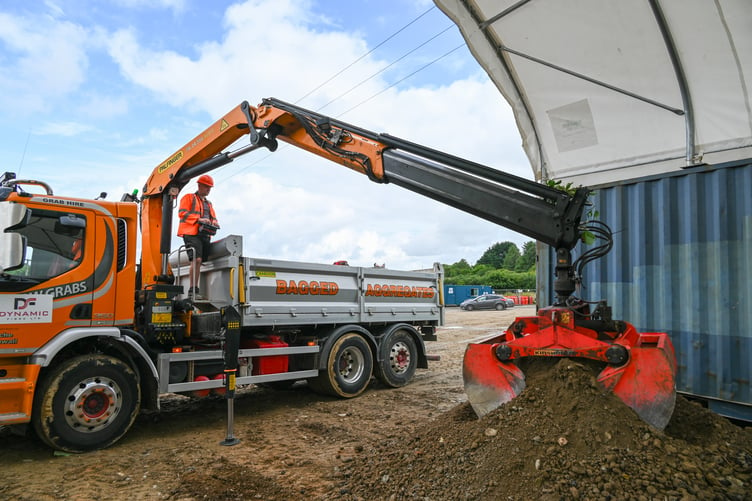A NEW approach is being taken on laying fibre-optic cables outside people’s houses in Cornwall.
Broadband provider Wildanet, based in Liskeard, has teamed up with contractor Dynamic Fibre, which has a base at Victoria, to pioneer a process which will reduce the carbon footprint of the work and potentially other street works.
Wildanet is rolling out a full fibre broadband network across Cornwall with Dynamic Fibre which has secured approval from Cornwall Council highways to use a sustainable trench excavation and reinstatement process – known as SMR (Structural Material for Reinstatement).
The process recycles dug material back into excavations, after mixing it with a binder.
Wildanet says the result is less excavated material being sent to landfill; less use of quarried aggregates; a halving of lorry movements; and 50 per cent less asphalt needed to finish the top layer of footways.
Julie-anne Sunderland, of Wildanet, said: “Wildanet’s mission is to transform internet connectivity for rural and hard-to-reach communities in Cornwall through the roll-out of the latest generation gigabit-enabled fibre to premises and to do so in the most sustainable way possible.
“We are delighted to be working with Dynamic Fibre on the introduction of SMR into street works in Cornwall. We hope that by supporting this initiative we will not only improve the sustainability of our own network build but encourage and enable the adoption of more sustainable practices by other organisations and contractors across the county.”
John McGrath, Dynamic Fibre UK operations director, said: “Our partnership has seen us working well together as we support Wildanet with the roll-out of their full fibre network in Cornwall.
“It has allowed us to be innovative in introducing more sustainable practices into the street works we are carrying out for Wildanet, with SMR being an excellent example of this.
“The benefits SMR brings in terms of fewer transport movements, less waste going to landfill and a reduction in the requirement for quarried material are significant. For example, over the initial 22km of installations we have carried out for Wildanet that’s the equivalent of 440 lorry movements saved which is a considerable reduction in the environmental footprint.”





Comments
This article has no comments yet. Be the first to leave a comment.